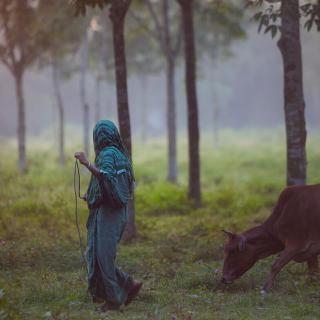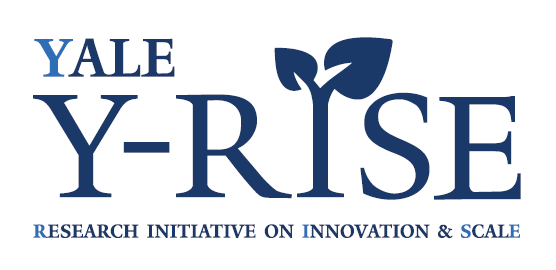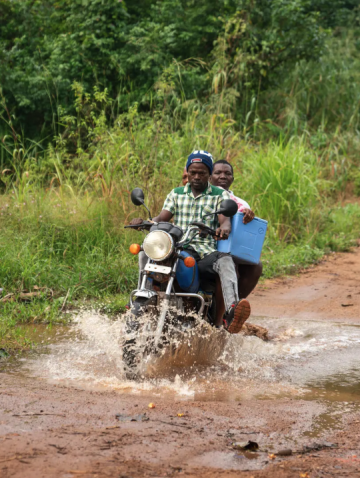Call for Papers for 2024 Conference
Challenges and Implications of Scale
Climate Adaptation
20 million people in coastal Bangladesh are at risk from drinking water with very high levels of salinity as a result of climate change. Can an entrepreneurial model feasibly provide safe drinking water at scale?
With rising sea levels, tidal flooding and storm surges in coastal Bangladesh linked to climate change, fresh water is rapidly getting contaminated by salt water. As a result, salinity levels are 3-5 times above safe drinking water level, creating a shortage of drinking water for 20 million people in coastal areas.
Y-RISE is partnering with BRAC (one of the world's largest NGOs) to test a market-based solution. BRAC will identify technologies, identify and train entrepreneurs and provide microfinance loans.
Microfinance
Microfinance may improve the lives of the poor by fostering entrepreneurship. Many recent randomized evaluations have sought to test whether this is true in the short-run.
Evidence of the impact of microfinance is mixed.
RCT’s about microfinance mainly evaluate short-term impacts.
Rainfall Insurance
Rainfall index insurance can protect farmers from crop loss associated with rainfall shocks, but take-up remains low. Do subsidies increase take-up, and how does this impact the production decisions of those insured?
Subsidizing formal insurance at various price levels increases take-up.
Farmers who are insured are more likely to switch to high-risk, but higher-yield, crops.
This increases wage volatility for landless laborers working on those farms.





